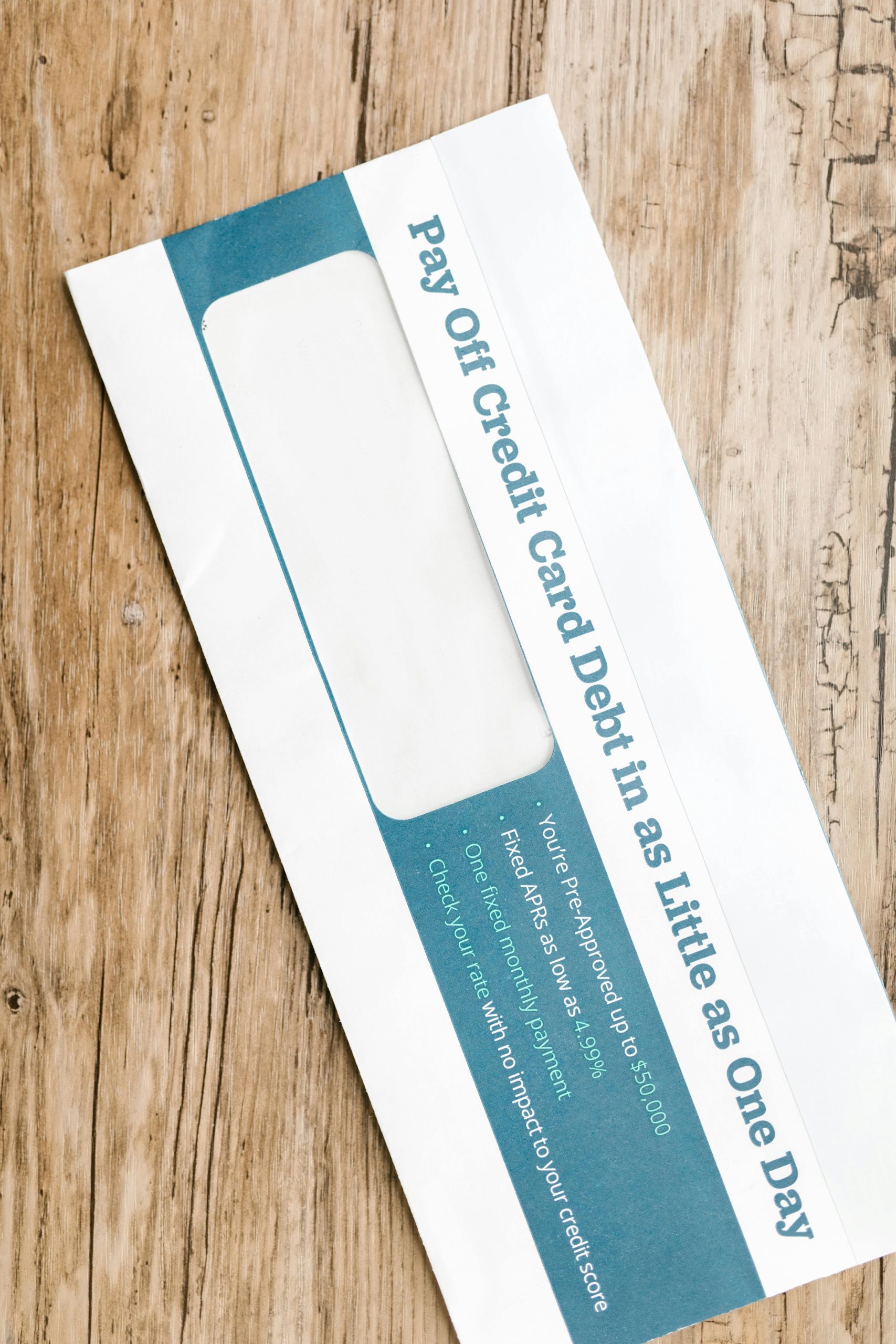Debt can feel like a heavy weight dragging you down, making it hard to enjoy life or plan for the future. Whether it’s credit card debt, student loans, or medical bills, the stress of owing money can be overwhelming. The good news? You don’t have to stay stuck in debt forever. With the right strategies, you can reduce debt quickly and regain your financial freedom. In this guide, we’ll explore proven methods to help you pay off debt faster, improve your financial health, and take control of your future.
Assess Your Debt and Create a Clear Plan
The first step to reducing debt is understanding exactly what you owe. Many people avoid looking at their debt because it feels intimidating, but facing it head-on is the only way to make progress. Here’s how to get started:
List All Your Debts
Gather all your statements and make a list of every debt you have. Include:
- Credit card balances
- Student loans
- Medical bills
- Personal loans
- Any other outstanding debts
Organize by Interest Rate and Balance
Once you have your list, organize your debts by interest rate (highest to lowest) and balance (smallest to largest). This will help you decide which repayment strategy to use—either the avalanche method (paying off high-interest debt first) or the snowball method (paying off small balances first for quick wins).
Set a Realistic Budget
A budget is your roadmap to financial freedom. Track your income and expenses to see where you can cut back and allocate more money toward debt repayment. Use apps or spreadsheets to stay organized and hold yourself accountable.
Cut Expenses and Increase Income
To pay off debt quickly, you’ll need to free up as much money as possible. This means reducing unnecessary spending and finding ways to bring in extra cash.
Reduce Discretionary Spending
Look for areas where you can cut back, such as:
- Dining out or ordering takeout
- Subscription services (streaming, gym memberships, etc.)
- Impulse purchases
- Entertainment expenses
Even small changes, like making coffee at home instead of buying it, can add up over time.
Negotiate Bills and Lower Fixed Costs
Call service providers (internet, phone, insurance) to negotiate better rates or switch to cheaper plans. Refinancing high-interest loans or consolidating debt can also lower your monthly payments.
Find Ways to Earn Extra Money
Consider side hustles or part-time work to boost your income. Ideas include:
- Freelancing (writing, graphic design, tutoring)
- Selling unused items online
- Driving for a rideshare service
- Taking on odd jobs in your community
Every extra dollar you earn can go toward paying down debt faster.
Use Smart Debt Repayment Strategies
Once you’ve freed up money in your budget, it’s time to put it to work. Here are two powerful methods to accelerate debt repayment:
The Debt Snowball Method
This strategy focuses on paying off your smallest debts first while making minimum payments on the rest. Once the smallest debt is paid off, you roll that payment into the next smallest debt. The quick wins keep you motivated.
The Debt Avalanche Method
With this approach, you prioritize debts with the highest interest rates first. By tackling the most expensive debts early, you save money on interest over time. This method is mathematically optimal but may feel slower at first.
Consider Balance Transfers or Debt Consolidation
If you have high-interest credit card debt, transferring balances to a card with a 0% introductory APR can save you money on interest. Debt consolidation loans can also simplify payments by combining multiple debts into one with a lower rate.
Stay Motivated and Avoid New Debt
Paying off debt is a marathon, not a sprint. Staying motivated and avoiding new debt is crucial for long-term success.
Celebrate Small Wins
Every time you pay off a debt, no matter how small, celebrate your progress. Reward yourself (without spending money) to stay encouraged.
Build an Emergency Fund
Even a small emergency fund can prevent you from relying on credit cards when unexpected expenses arise. Aim for $500–$1,000 initially, then grow it over time.
Change Your Spending Habits
To avoid falling back into debt, adopt healthier financial habits. Use cash or debit instead of credit, and think carefully before making non-essential purchases.
Conclusion
Reducing debt quickly is possible with the right strategies and mindset. By assessing your debt, cutting expenses, increasing income, and using smart repayment methods, you can regain control of your finances. Remember, the journey to financial freedom starts with a single step—so take action today and commit to a debt-free future. With persistence and discipline, you’ll soon enjoy the peace of mind that comes with being debt-free.
